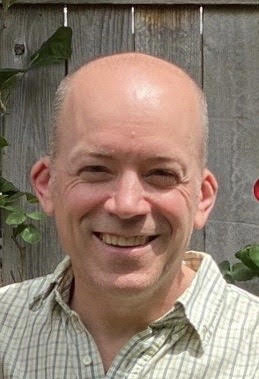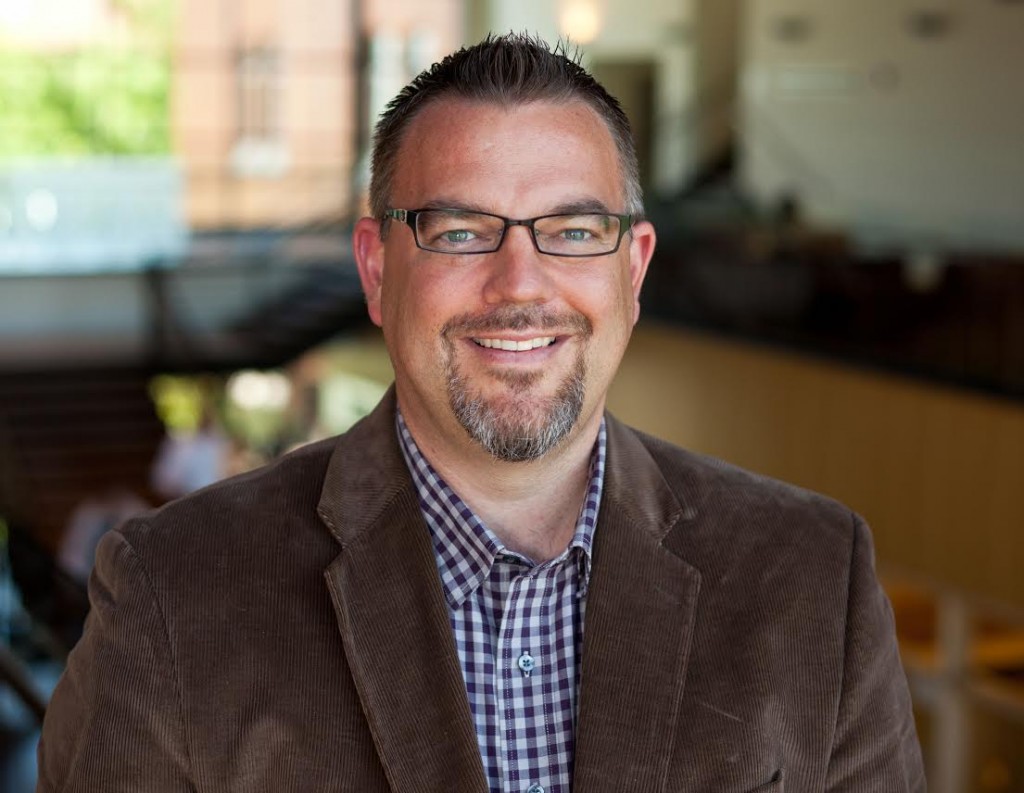Page 11 • (191 results in 0.028 seconds)
-
Zachary Lyman is Professor of Music at Pacific Lutheran University (PLU), where he teaches classroom music, directs the trumpet ensemble, coaches chamber music, and performs with the Lyric Brass
Dr. Zachary LymanZachary Lyman is Professor of Music at Pacific Lutheran University (PLU), where he teaches classroom music, directs the trumpet ensemble, coaches chamber music, and performs with the Lyric Brass Quintet, and was the 2017 recipient of the Faculty Excellence Award in Teaching. He holds the Doctor of Musical Arts degree in Trumpet Performance and Pedagogy from the University of Iowa where he was the recipient of the prestigious Iowa Performance Fellowship, the highest award for
-
Online Learning at Pacific Lutheran University. Online and blended programs for undergraduate, graduate, and continuing education students extend the university’s mission beyond campus borders,
Fluency Toolbox (5042) EDUC 975X Focus on Phonics (5030) EDUC 975Y Supporting LGBTQ Stdnts (5043) EDUC 975Z Reading Instr Head/Heart(5009) EDUC 976A Devel Expert Learners (5016) EDUC 976C Wholehearted Teaching (5021) EDUC 976E Mindsets & Math (5033) EDUC 976F Digital Literacy (5036) EDUC 976J Social Media Responsibl (5060) EDUC 853 English Structure EDUC 905 Pedagogy Assessment EDUC 950 Intro to Bilingual/ESL Ed EDUC 951 Program Models for Diverse Stu EDUC 952 Cultural/Linguistic Pedagogy EDUC 953
-

For Ariella Brown, dance has always been her passion, but not always her full-time job. While working behind a desk during the day, and carving out time in the evening to dance, she realized those few hours would never satisfy her. She made the decision…
when I interviewed,” Ariella remembered. “Everyone seemed eager to engage in meaningful conversation, and seemed generally interested in growing the dance program. There was also so much kindness and passion, which are two qualities I strive for in my pedagogy.” In addition to the community, the location was a strong draw. Brown’s friends and family are in the area and the PNW is in her blood. She even labels herself as a bit of Pacific Northwest “snob.” “I am in love with the Pacific Northwest. I
-
Much more than event planners Student Involvement and Leadership isn’t just a department that plans events, but rather a partner and active participant in learning, in supporting the complete college student. That couldn’t be truer than at Pacific Lutheran University and a lot of that…
event organizer for students, but as a former educator Johnson saw it could be much more. She saw her office embrace concepts like pedagogy and assessment in the educational context, as well as expanding access and support through places like the opening of the university’s Diversity Center. “It seemed like a no-brainer to me,” she said. “We are partners in the educational experience.” With that in mind supporting programs such as Wild Hope, the First Year Common Reading Program just made sense
-
Dr. Scott L. Rogers joins the PLU community having served for three years as Assistant Professor of English at Ohio Northern University (ONU), a small liberal arts university in northwest Ohio.
experience. For example, he is currently turning his dissertation, entitled “Writing Out the Storm: Post-Traumatic Pedagogy and the Work of Composition,” into a series of articles that examine the role and value of schooled and non-schooled writing in the wake of large-scale disasters like Hurricane Katrina. This research, conducted in New Orleans between 2008 and 2010, gathers together first-hand accounts by writing teachers and classroom materials archived after the storm as a means for considering why
-
For Ariella Brown, dance has always been her passion, but not always her full-time job. While working behind a desk during the day, and carving out time in the evening to dance, she realized those few hours would never satisfy her. She made the decision…
when I interviewed,” Ariella remembered. “Everyone seemed eager to engage in meaningful conversation, and seemed generally interested in growing the dance program. There was also so much kindness and passion, which are two qualities I strive for in my pedagogy.” In addition to the community, the location was a strong draw. Brown’s friends and family are in the area and the PNW is in her blood. She even labels herself as a bit of Pacific Northwest “snob.” “I am in love with the Pacific Northwest. I
-

Lecturer - Guitar, Jazz Guitar | Guitar & Lute Program | howlansn@plu.edu | 253-535-7602 | Stephen Howland is a Lecturer at Pacific Lutheran University where he teaches jazz and classical guitar, co-directs the annual PLU Guitar Festival, and directs the PLU Guitar Festival Jazz Guitar Ensemble.
Stephen Howland Lecturer - Guitar, Jazz Guitar Phone: 253-535-7602 Email: howlansn@plu.edu Website: http://www.stephenhowland.com/ Professional Biography Personal Video Additional Titles/Roles Ear-training I/II Education D.M.A., Arizona State University M.M., Arizona State University B.M., University of Idaho Areas of Emphasis or Expertise Jazz, Classical, and Contemporary Guitar Performance, Pedagogy, and History Music Composition, Arranging, Theory, and Analysis Responsibilities Applied
-
DMC grants appear in classrooms Interactive software, a Wii to use in graphic design and a video which will record future teachers at work – all these ideas received funding this year through the Digital Media Center Small Grants fund. Each year in May, Layne…
innovative nature of the technology or pedagogy, overall impact on the applicant’s curriculum, feasibility of the project, and benefit to other faculty and students. Recipients of 2008-09 DMC Small Grants Jan Weiss, Assistant Professor of Instructional Development and Leadership: Weiss will use her $500 award to buy four Flip video camcorders. This will help build reflective practices around video recordings of teacher candidates, enhancing teaching skills and promoting learning in elementary and
-
News articles and blog posts from Pacific Lutheran University.
Campuswire: An Online Discussion Tool for Engaging Course Communication The past few months have been a challenging time for education. PLU faculty had to quickly adapt their classrooms into an online environment and rethink how to deliver their pedagogy in entirely new ways. One of the biggest obstacles to online teaching and learning is… July 16, 2020
-

Dean | School of Business | muldermr@plu.edu | 253-535-7258 | Dr.
research into his coursework – blending his own research findings/expertise with insights from other marketing research areas. In addition, his research into pedagogy and transformative learning processes is integrated into his global projects and PLU courses. Dr. Mulder is a recognized educator, researcher and servant leader. A two-time recipient of the PLU School of Business Teaching Award, he has also been selected as Professor of the Year (Beta Gamma Sigma honor society), and has been awarded
Do you have any feedback for us? If so, feel free to use our Feedback Form.


